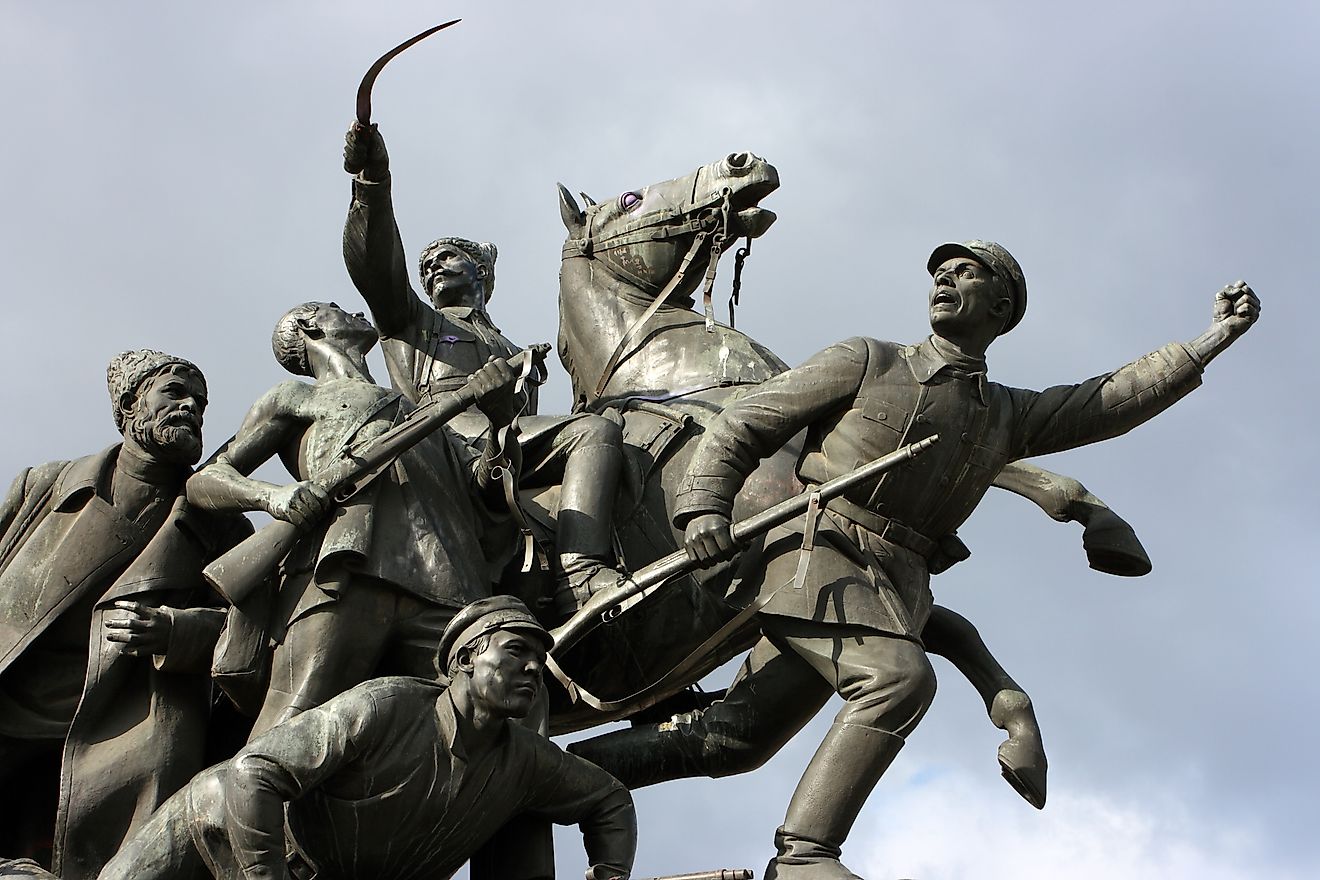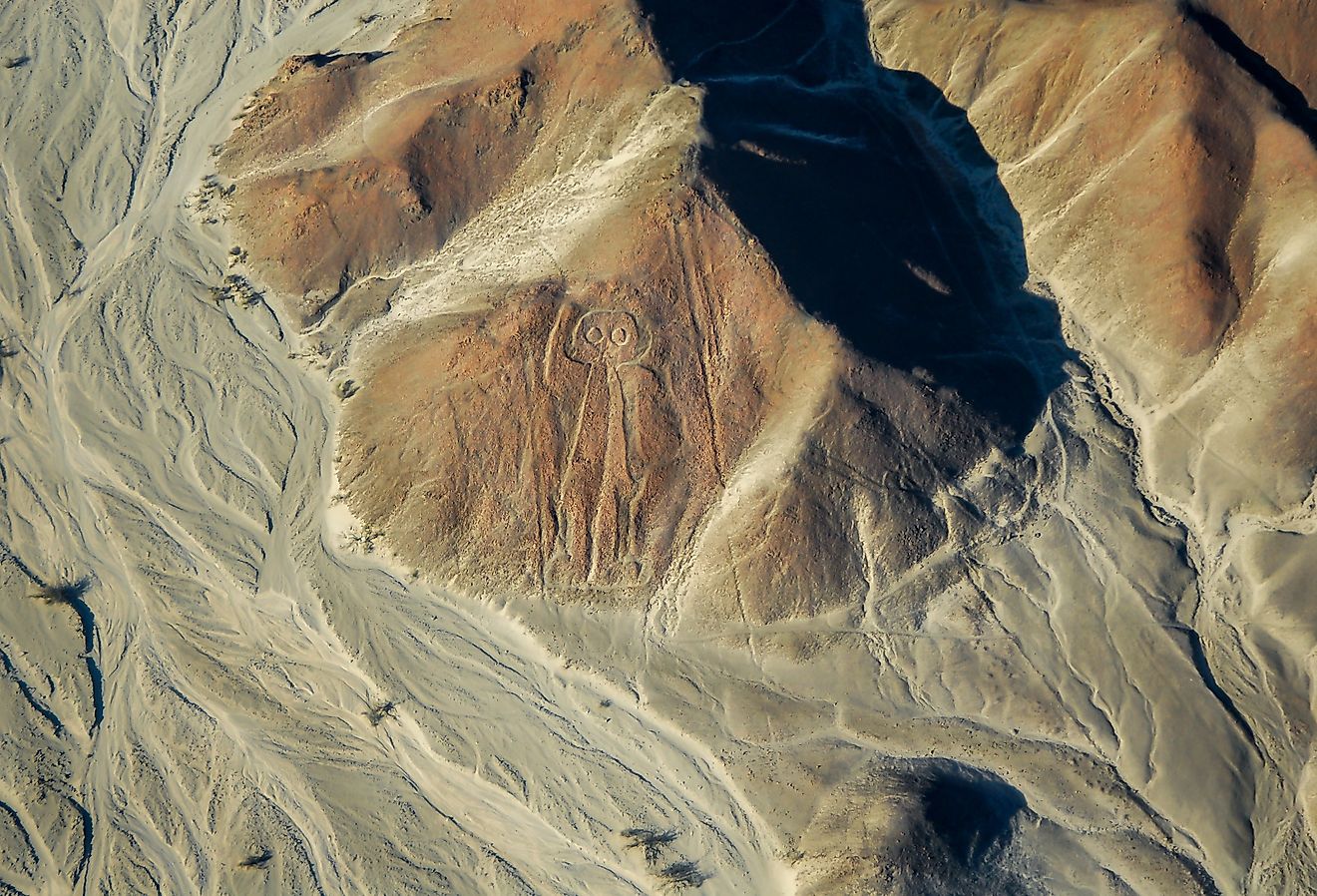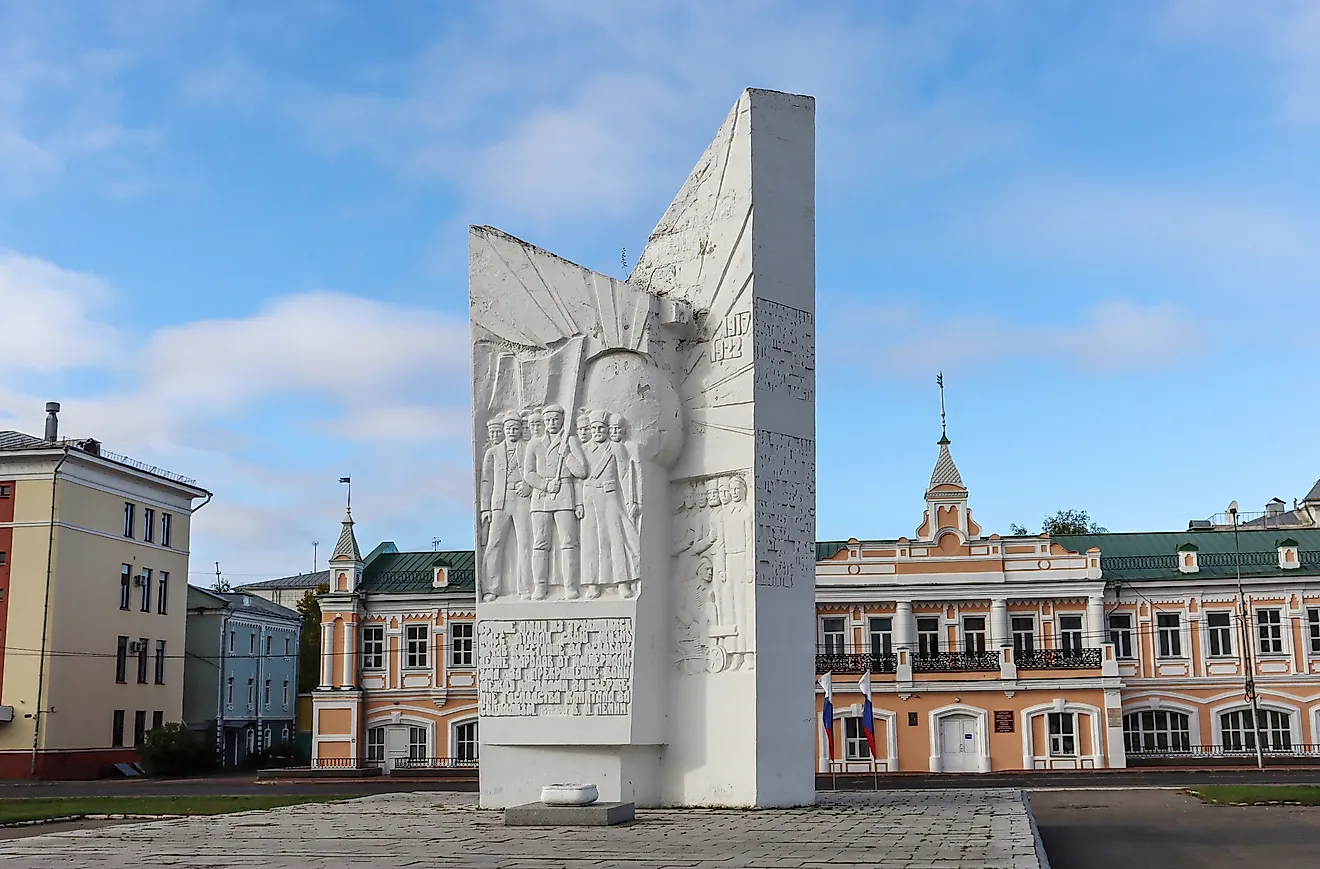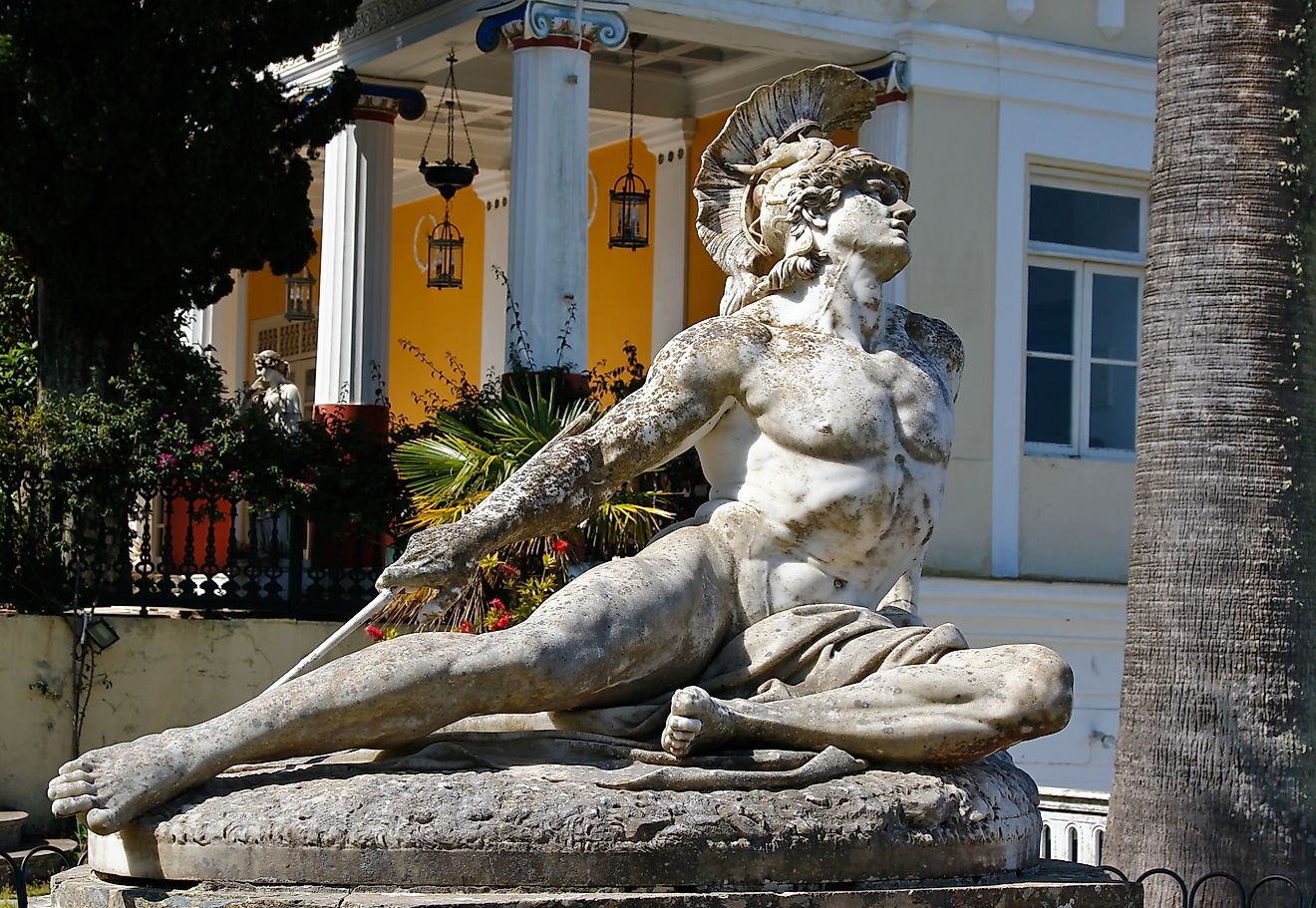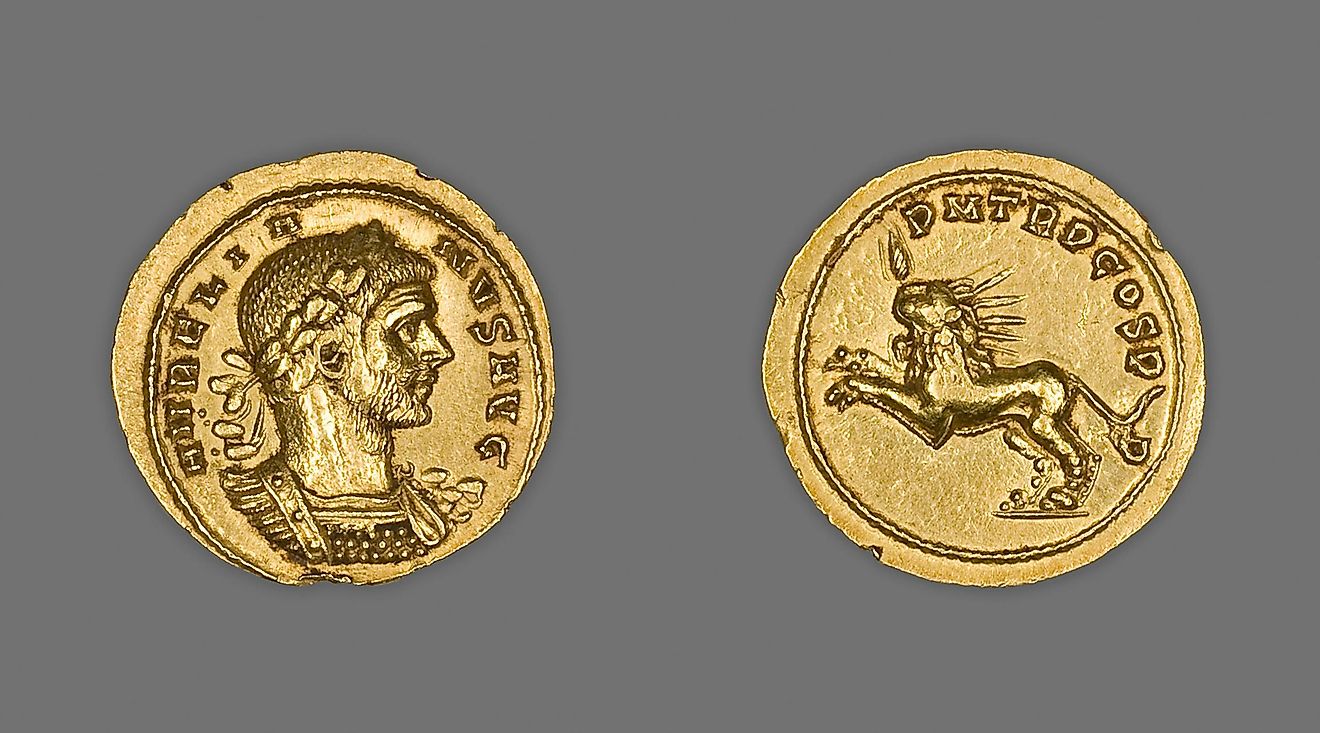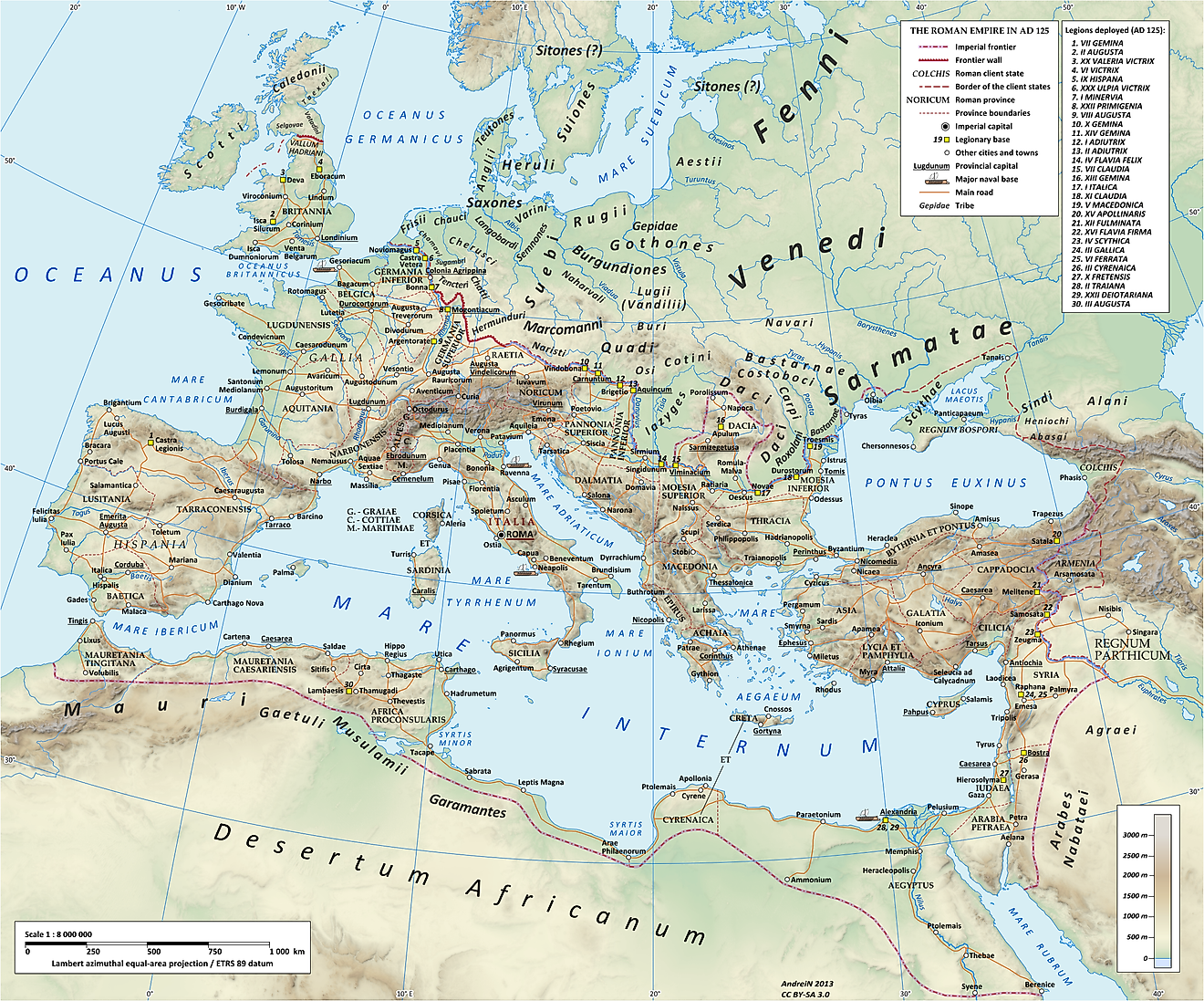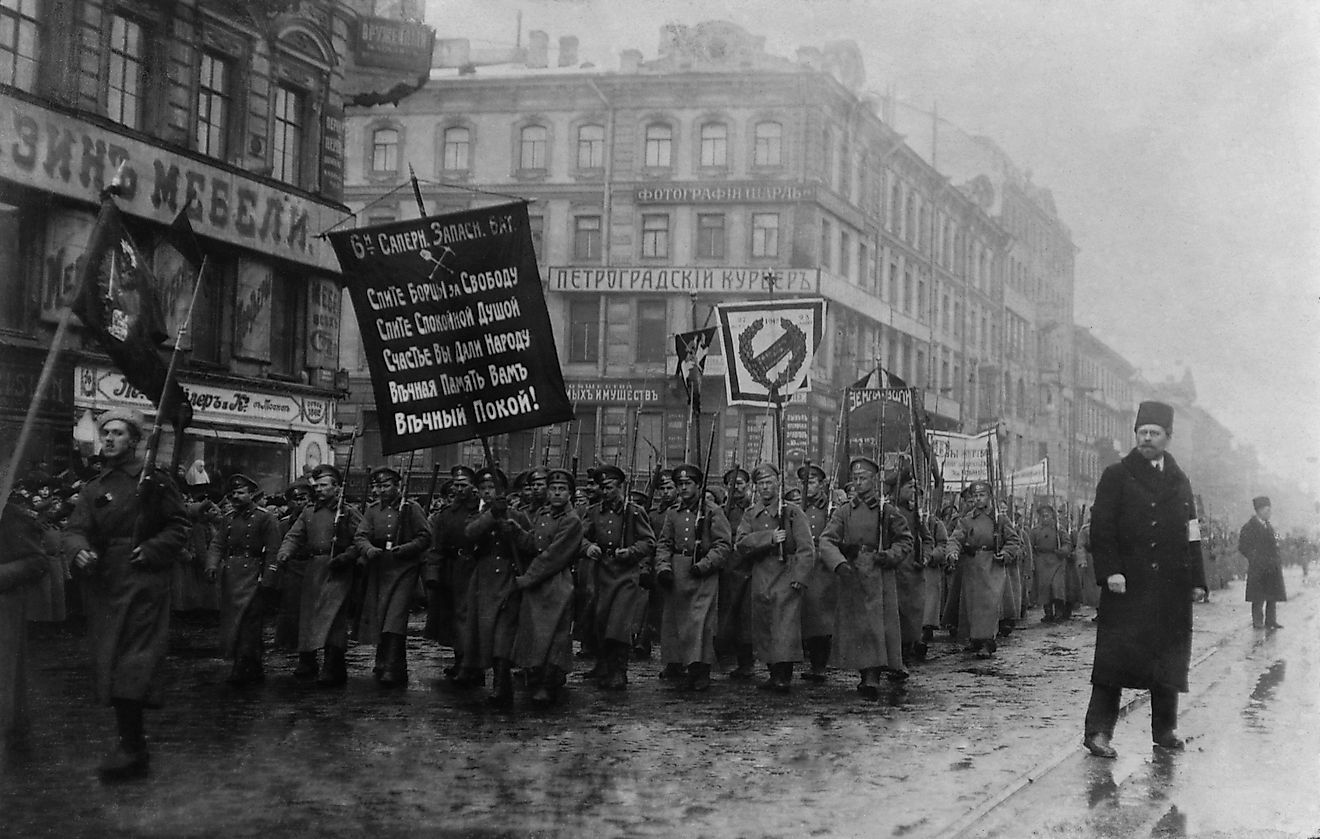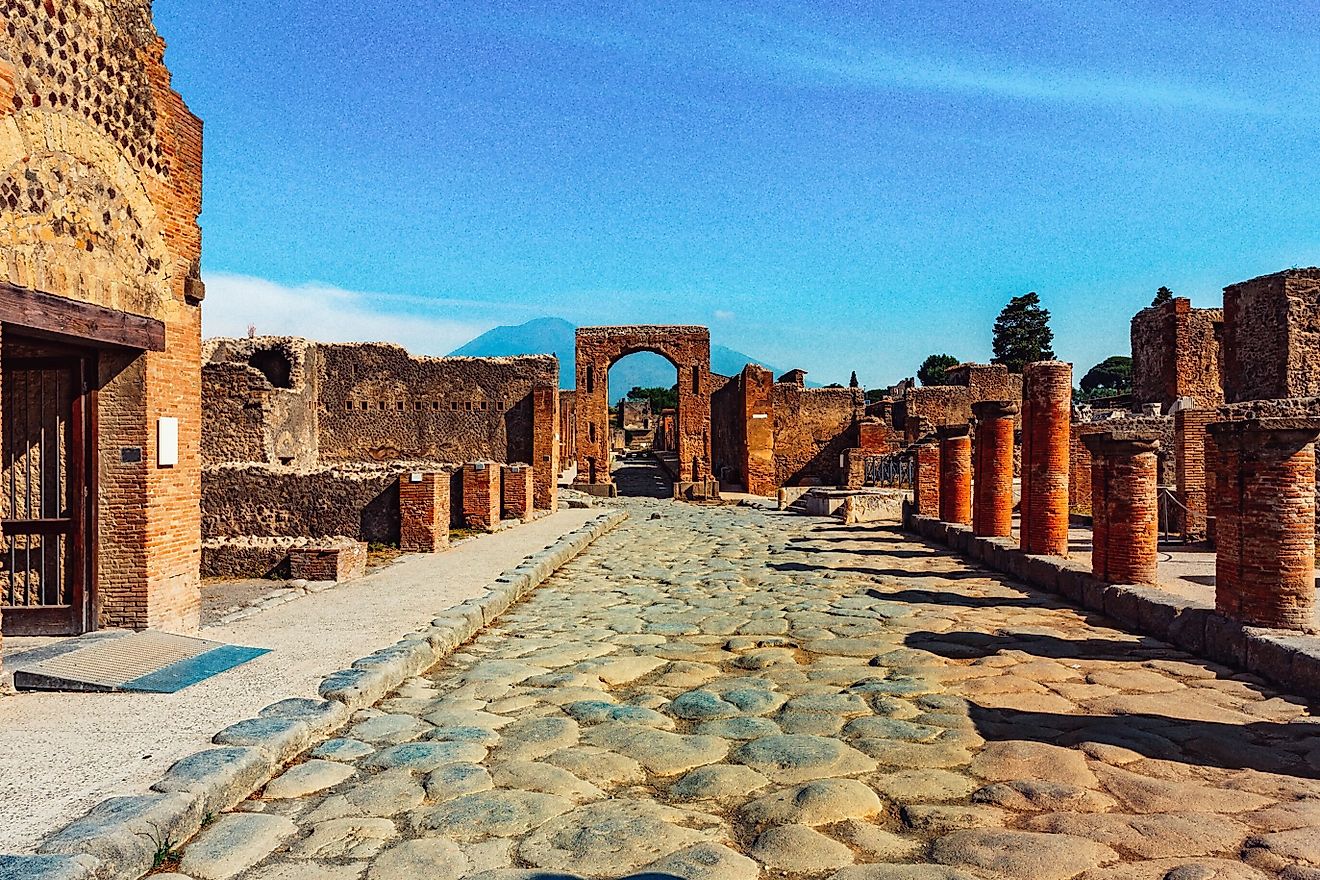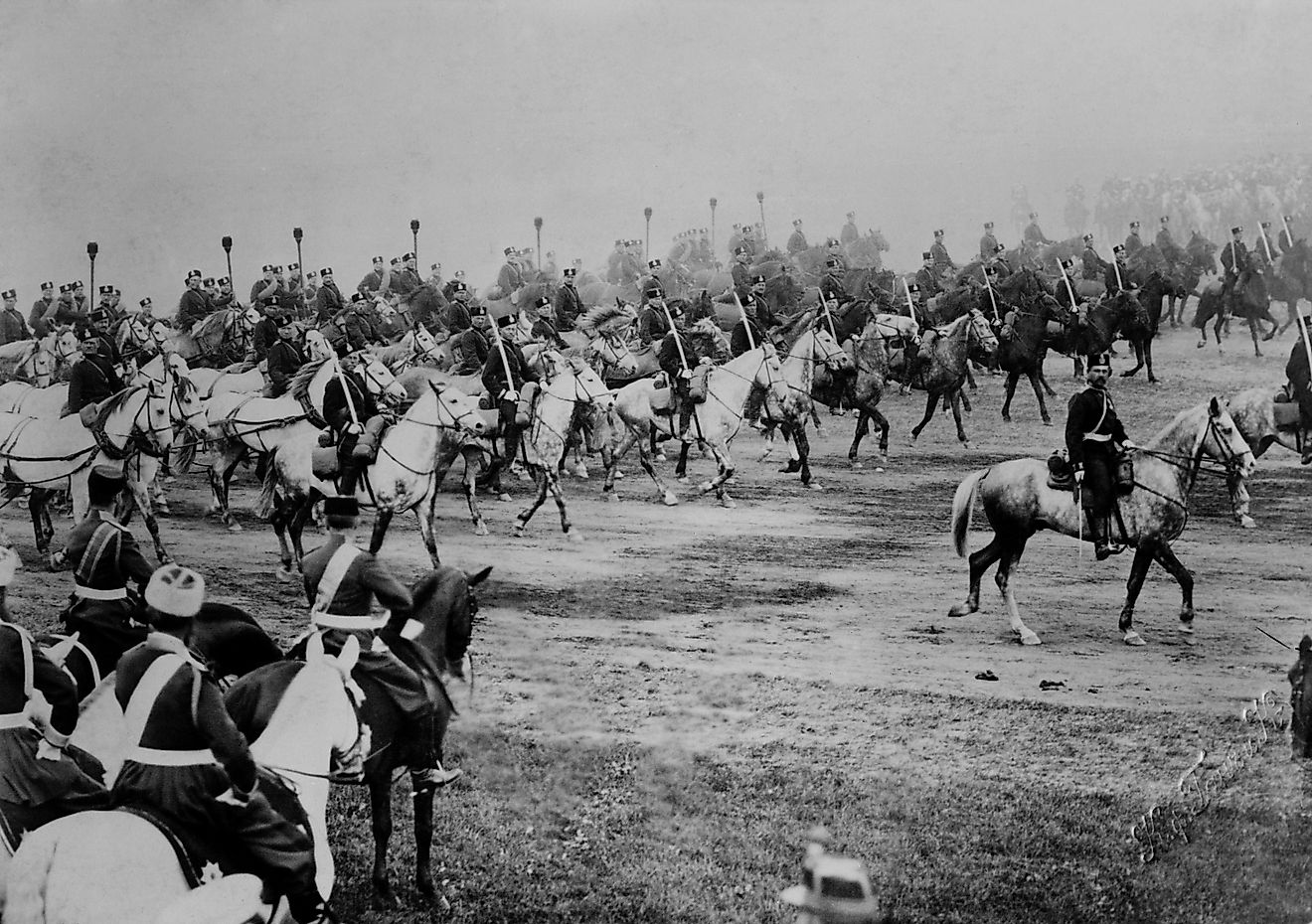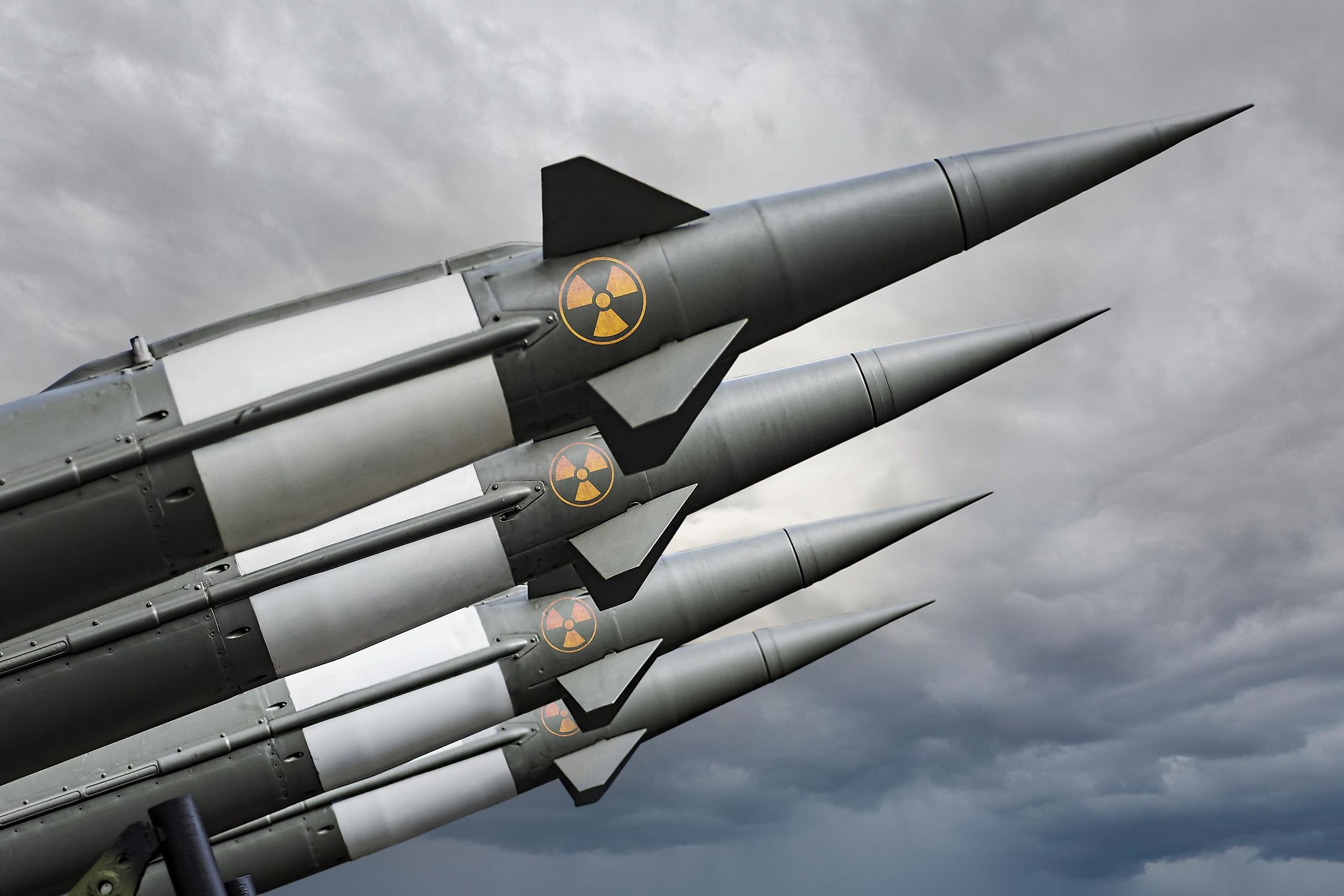
Which Country Has The Most Nuclear Weapons?
It is a question that has long preoccupied the minds of many: which country has the most nuclear weapons? The answer to this question can have far-reaching implications for global security and stability. To effectively address the proliferation of nuclear arms, it is essential to understand which country holds the largest stockpile. In today's world, the possession and development of nuclear weapons are controversial. World leaders have accused countries like North Korea of developing nuclear weapons despite international sanctions. In contrast, countries like Russia and the United States possess thousands of nuclear warheads. However, it should be noted that these numbers are estimates given by various sources, as governments often classify specific data for atomic weapon stockpiles. The answer to "why" any country has these weapons is found in MAD doctrine: 'Mutual Assured Destruction' doctrine is a military strategy that aims to deter nuclear attack by threatening unacceptable levels of destruction in response. Today, nine countries are estimated to possess nuclear warheads and have been mentioned below:
- Russia - 5,977
- The United States - 5,428
- China - 350
- France - 290
- The United Kingdom - 225
- Pakistan - 165
- India - 160
- Israel - 90
- North Korea - 20
1. Russia - 5,977
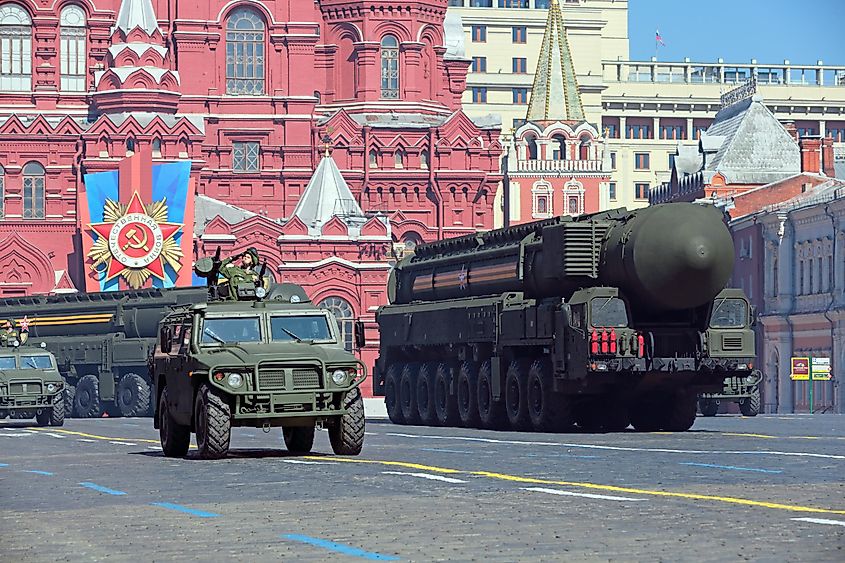
Russia possesses the most nuclear weapons, with an estimated 5,977 warheads in its arsenal. This arsenal includes operational and non-operational warheads, of which 1,500 are retired. Russia has maintained a sizeable strategic stockpile since the dissolution of the Soviet Union in 1991. Moreover, despite signing numerous disarmament agreements, Russia has continually worked to modernize its existing nuclear arsenal over time.
Historians can trace Russia's accumulation of such a vast nuclear arsenal back to its involvement in the Cold War, during which it conducted hundreds of tests and experiments on different atomic weapons. During this period, Russia developed intercontinental ballistic missiles (ICBM), which deliver large payloads over long distances. Along with this, Russia obtained nuclear bombs capable of producing powerful explosions. Moreover, the nation discovered methods to produce greater yields with less material, making the weapons much more efficient than their respective predecessors in terms of performance capabilities.
Following these advancements, Russia began developing smaller-yield tactical centrifuges, allowing them to produce miniature warheads with lower yields deployable via rockets. This discovery replaced reliance on larger ICBMs, effectively giving Russian forces more flexibility when engaging enemy forces. After the Cold War, Russia started incorporating modernized guidance systems and other strategic improvements into its missiles. In the decades leading up to today's current state of affairs, Russia has come close to possessing 4500 active and launchable units at all times - a development that ensures maximum defense protection no matter what circumstances may arise.
2. The United States - 5,428
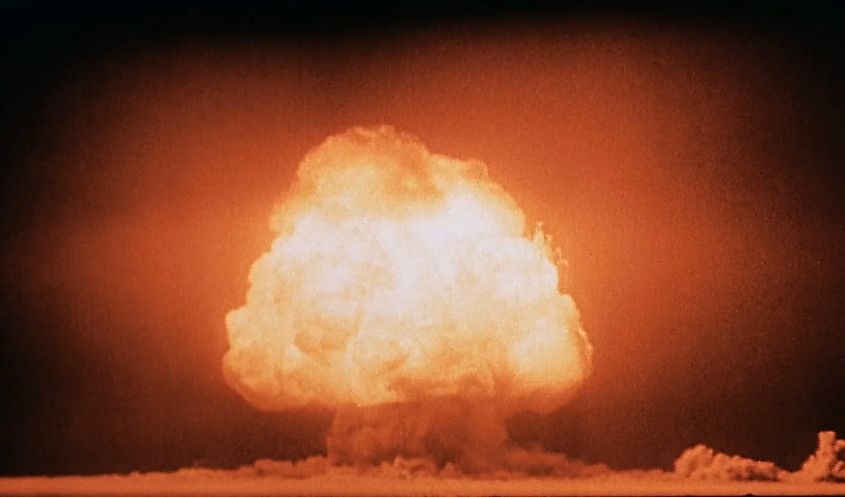
The United States follows closely behind, with an estimated 5,428 warheads. However, 1,720 of those are retired. Since 1945 when the US dropped atomic bombs on Hiroshima and Nagasaki during World War II, the US has remained committed to maintaining a powerful arsenal for deterrence purposes. The US launched its nuclear program on October 21, 1939, and became the world's first country to manufacture nuclear weapons on July 16, 1945. The country conducted 1,054 nuclear tests prior to and during the Cold War with Russia. However, unlike in past decades, US stockpiles have decreased significantly due to peace initiatives such as START I and New START agreements signed between Washington and Moscow.
3. China - 350
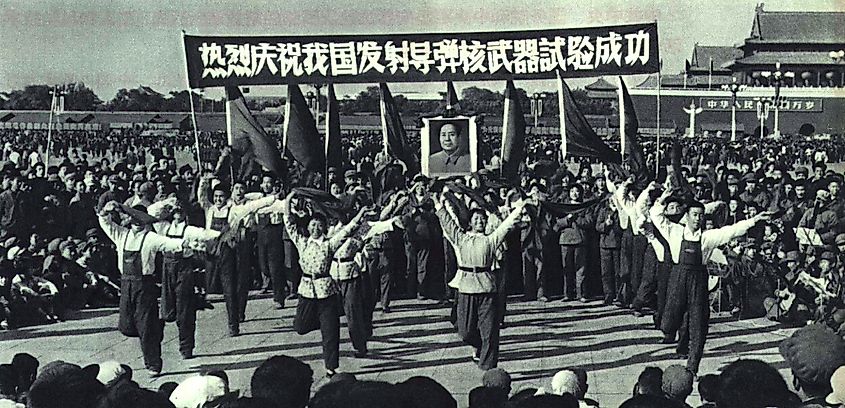
China comes next on this list with an estimated 350 warheads in its possession—all based inside Chinese borders only--according to some estimates by international experts, including those at the Arms Control Association (ACA). Mao Zedong launched the Chinese nuclear weapons program in 1954-55 during the First Taiwan Strait Crisis. The country conducted its first nuclear weapons test on October 16, 1964, and the tests continued till July 29, 1996. Today, while China's policy towards strengthening its military capabilities through advanced weaponry remains opaque, reports revealed that Beijing had conducted several tests involving theoretical scenarios related to high-end weapon technology.
4. France - 290
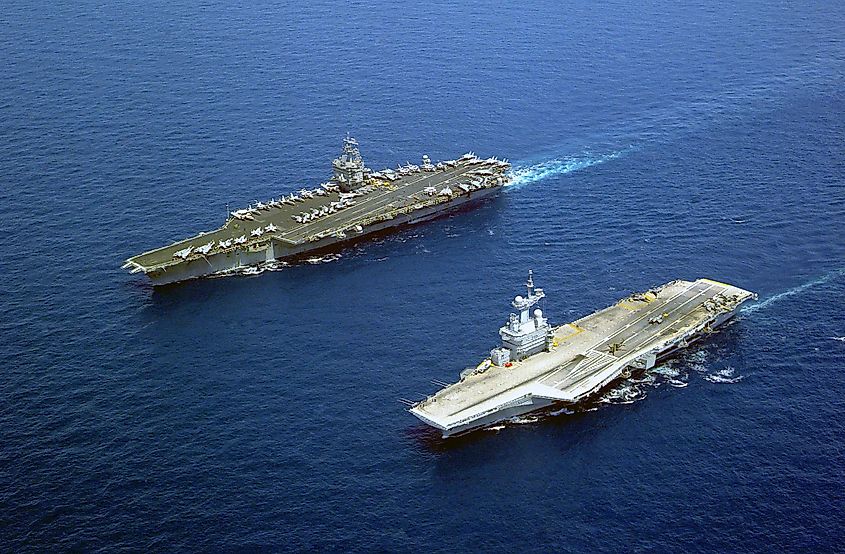
France has approximately 290 nuclear weapons at its disposal—a sharp decrease from its peak in 1992—with plans to reduce even further should upcoming arms control negotiations be successful. France has traditionally pursued independent defense programs, including maintaining one of Europe's largest airborne fleets and operating its own fleet of ballistic missile submarines that serve as delivery platforms for French-made warheads. On February 13,1960, France became the fourth country to test a nuclear weapon that had been independently developed by France during the ruling of Charles de Gaulle government.
5. The United Kingdom - 225
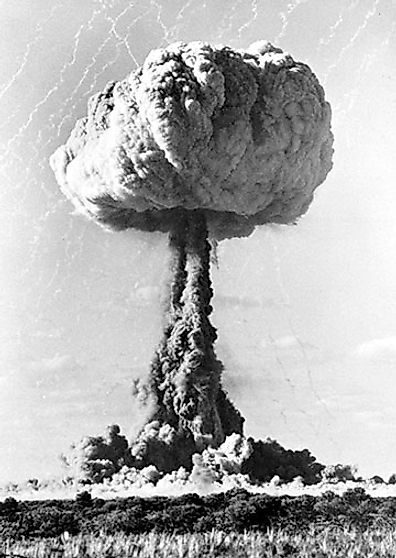
Next, there is the United Kingdom, whose arsenal consists of 180 active warheads making it one of the nine members of the "Nuclear Club." The country launched its nuclear weapons program on April 10, 1940, and the first nuclear test was conducted on October 3, 1952, while the last was on November 26, 1991.
The UK government has been reducing its stock gradually since 1998, when it announced plans for further reduction citing global security enhancement as one primary reason for doing so. The Ministry Of Defense also stated that because Britain does not face any immediate threats from other nations possessing weapons, similar amounts are adequate for defense purposes. However, recent direct threats from Moscow might cause the United Kingdom to reevaluate its stance.
6. Pakistan - 165
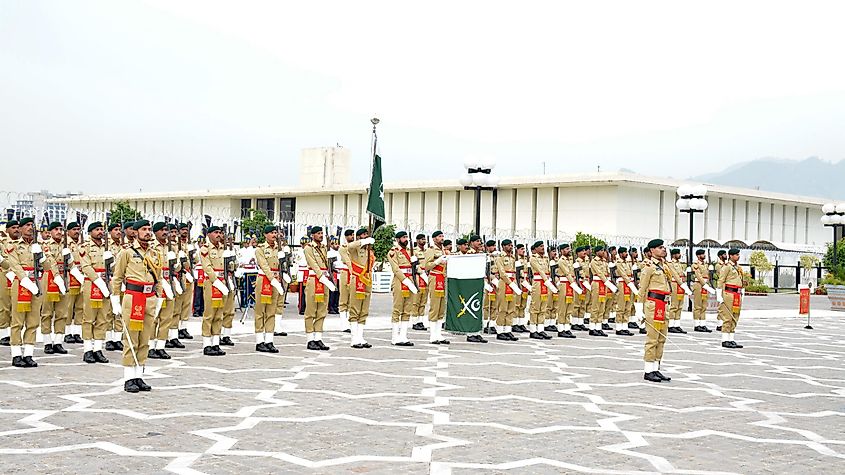
Pakistan currently has an estimated 165 nuclear warheads in its arsenal, making it the sixth most immense atomic power in the world. Despite calls from within and outside Pakistan to reduce its stockpile and sign non-proliferation treaties, Islamabad has refused to do so due to regional security concerns. In recent years, Pakistan has successfully tested several long-range missiles capable of carrying nuclear warheads. Furthermore, in pursuit of gaining a tactical advantage over India – its neighbor and longtime rival – Islamabad is believed to have developed several low-yield "tactical" weapons, including cruise missiles explicitly designed for battlefield use rather than strategic strikes. Although Pakistan is not a major nuclear power like Russia or the United States, it remains an essential member of the international community in terms of its capability to threaten global peace and stability through its nuclear arsenal.
7. India - 160
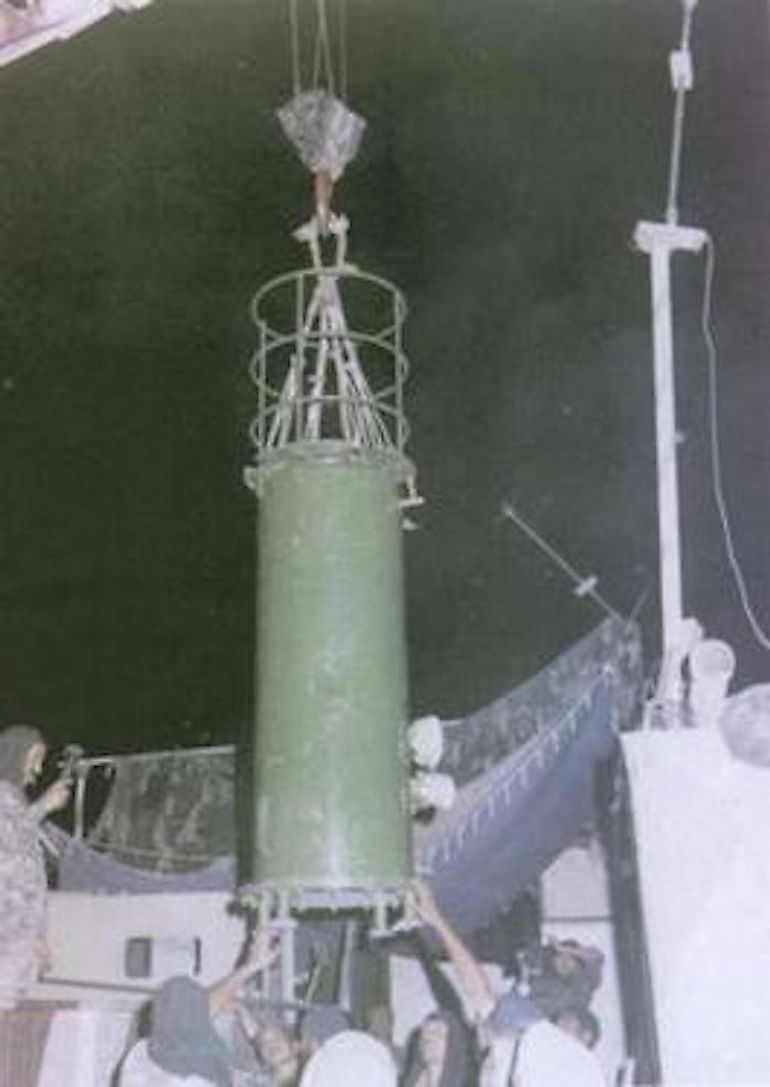
Estimates suggest India possesses up to 160 nuclear warheads and can proportionally increase its arsenal if needed. India is part of the Nuclear Non-Proliferation Treaty (NPT) but has not signed it yet as a signatory. As a result, India is not subject to any international agreements on nuclear arms control. Despite this, India has committed to maintaining peace by not participating in an arms race with other nations and working towards disarmament initiatives instead. The most recent development in India's nuclear weapon ambitions was its participation in creating the International Partnership for Nuclear Disarmament verification program. This program aims to develop methods for verifying disarmament commitments among nations. India plays a positive role by taking part in this initiative and working with other countries to create a safer world.
8. Israel - 90
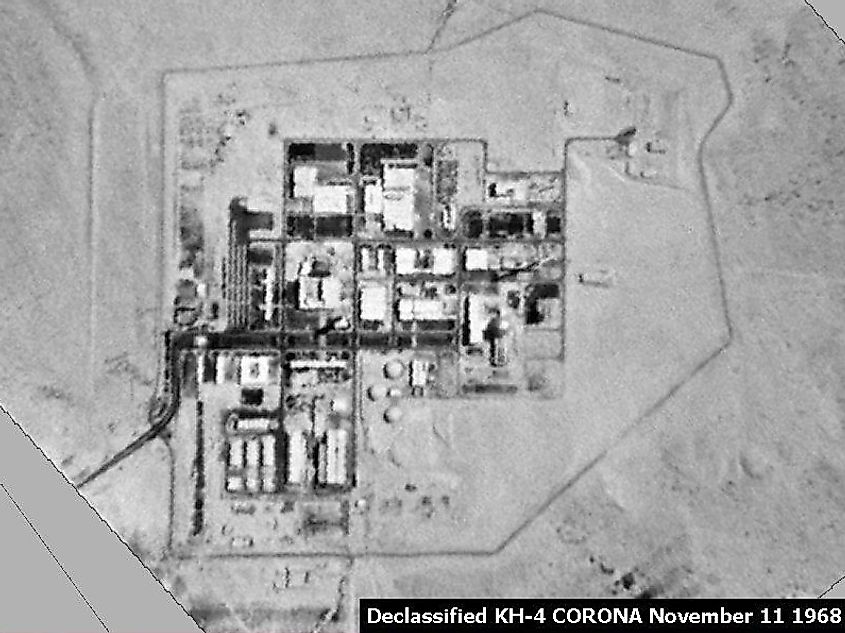
Israel likely has nuclear capabilities, despite having kept its nuclear weapons development program highly secretive and only publicly acknowledging it in 2019. Estimates suggest that the government has 90 warheads, making it the Middle East's only nuclear power. Moreover, Israel did not sign the Treaty on the Non-Proliferation of Nuclear Weapons (NPT) and refused to allow international inspection or verification of its nuclear facilities. Regarding military capability, Israel is among the most powerful countries in the world. Its advanced atomic weapons program gives it an advantage over other nations in the region and provides a deterrent against potential attacks from hostile states. As such, Israel's status as a country possessing nuclear weapons has significant implications for regional security and stability in the Middle East.
9. North Korea - 20
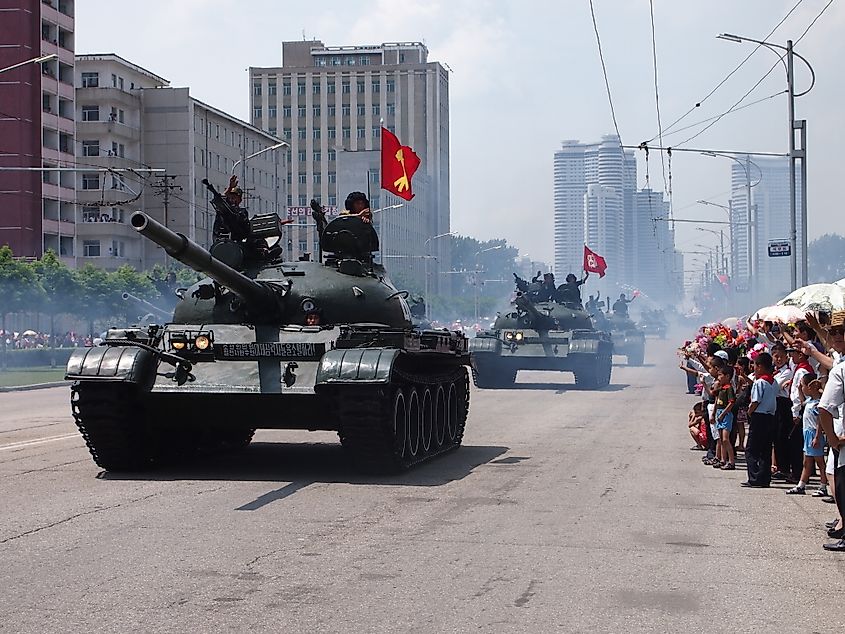
North Korea is widely considered one of the most isolated countries in the world. Despite economic sanctions from the United Nations, North Korea has become a nuclear power, with an estimated 10-20 nuclear warheads and various short-and medium-range missiles. While it is uncertain whether North Korea can accurately launch a nuclear attack on other countries yet, its possession of weapons of mass destruction presents a major security concern to its neighbors Japan, South Korea, and China, as well as to the rest of the world. In addition, North Korea's unpredictable attitude towards international diplomacy has raised fears that they may eventually use these weapons or even sell them off to non-state actors. With high tensions on the Korean Peninsula and no immediate solution, North Korea's nuclear status remains precarious and dangerous.
In conclusion, global efforts to limit the proliferation of nuclear weapons are being enforced by international communities, such as the UN Security Council. However, the ratification process for relevant countries can lead to drastic changes in figures and poses a risk of damaging peacekeeping objectives that are universally adopted. The current situation in Ukraine has created dynamic tension around the globe, with regular speeches about the use of nuclear weapons coming from Russia.
Nine Countries With Nuclear Warheads
| Rank | Country | Military Stockpile | Retired Weapons | Total Inventory |
|---|---|---|---|---|
| 1 | Russia | 4,477 | 1,500 | 5,977 |
| 2 | United States | 3,708 | 1,720 | 5,428 |
| 3 | China | 350 | 0 | 350 |
| 4 | France | 290 | 0 | 290 |
| 5 | United Kingdom | 180 | 45 | 225 |
| 6 | Pakistan | 165 | 0 | 165 |
| 7 | India | 160 | 0 | 160 |
| 8 | Israel | 90 | 0 | 90 |
| 9 | North Korea | 20 | 0 | 20 |
| Total | 9,440 | 12,705 |

